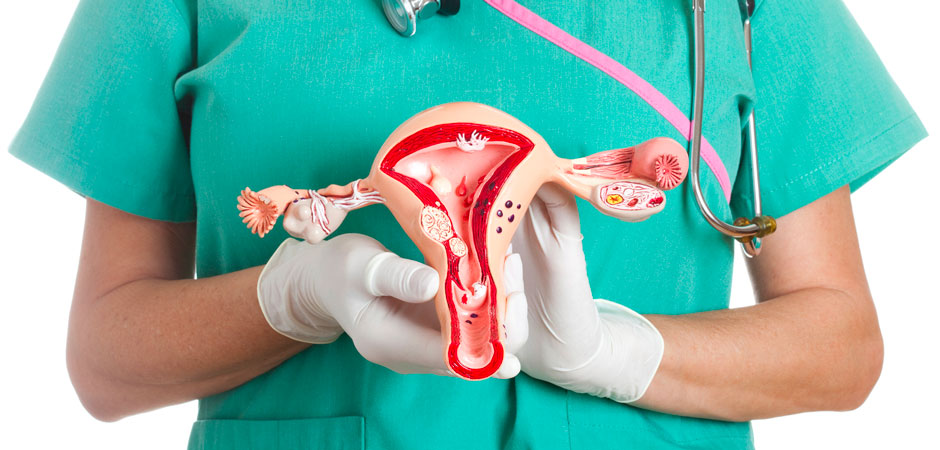Ovarian cancer has claimed the lives of women in the millions across the globe and even in nations that are thought of as the world’s top medical technology. It’s the lack of medical technology that cause so many cases of ovarian cancer, as there aren’t any screening methods that can be used to officially identify the condition. Early detection of ovarian cancer might be challenging due to symptoms that are ambiguous and similar to those of other prevalent disorders. There is currently no ovarian cancer test that is effective enough to be used in a population-based screening program. Furthermore, there is no evidence that screening will lower the number of ovarian cancer deaths.
Table of Contents
Ovarian Cancer Might Take Years To Manifest Symptoms
The primary fact in the five chunks of information on ovarian cancer that you should be aware of is how the signs of the disease progress. In essence, you could be suffering from tumors that grow in your body for a lengthy time and not have any inkling that you’ve got the cancer of the ovary. If symptoms show up in the course of treatment, it could be that cancer has grown to the point of not being able to be treated.
If Ovarian Cancer is Detected Early On, It Has A 90% Chance of Survival
The final point of the five chunks of information on Ovarian cancer that you should be aware of is the survival rate when the cancer is detected in the early stages. It could be up to 90 percent. But only 25 % of females being diagnosed with the disease at these stages. What’s the reason? It is because women who are more at risk of developing ovarian cancer are more likely to undergo a screening the exact moment they notice something is abnormal in their bodies (sometimes even before).
You could fall into this group if you have a family previous history of the disease within your family. If you have your gynecological examinations, ask your doctor to have an ovarian cancer screening. Be cautious if you decide to do this, even if you’re not in the high-risk category as the screening for ovarian cancer can result in an extremely high risk of misdiagnosis, (which is why it is not recommended in the general population).

Breastfeeding & Having Children Reduce the Risk of Ovarian Cancer
The third of the five chunks of information on Ovarian cancer that you must be aware of is the subject of breastfeeding and childbirth. The birth of your first child in your 20s, along with breastfeeding greatly reduces the chance of developing ovarian cancer. However, you won’t benefit from this if you were pregnant during your teens or you have a child after 35.
Using Birth Control Reduces Chances Of Ovarian Cancer
The fourth of the five chunks of information regarding Ovarian cancer that you must be aware of pertains to birth control. Birth control has been proven to be effective in aiding in the prevention of cancer of the ovary because it reduces the estrogen levels of women and is thought to be the cause of the development of the disease. Be aware, however, that certain women might not be able to take birth control due to specific risk factors.
If You’re At High Risk, Consider a Hysterectomy or Ovary Removal
The final point of the five bits of information on ovarian cancer that you should know is about hysterectomy or the removal of the Ovaries. Hysterectomies offer protection for almost every stage of uterine cancer. However, they can significantly reduce pleasure in sexual activity. This is why, if the woman isn’t at risk of any other kind of cancer that affects reproductive organs doctors may decide to just remove her Ovaries.


 How to Choose the Right Testosterone Replacement Clinic in Los Angeles
How to Choose the Right Testosterone Replacement Clinic in Los Angeles  Semaglutide Pill: Your Complete Guide to Dosing, Administration, and Safety
Semaglutide Pill: Your Complete Guide to Dosing, Administration, and Safety  Understanding Polio: Causes, Symptoms, and treatment
Understanding Polio: Causes, Symptoms, and treatment  How is Awake Liposuction Different from Other Liposuction?
How is Awake Liposuction Different from Other Liposuction?  What To Look For In A Quality Neuropathy Doctor?
What To Look For In A Quality Neuropathy Doctor?  The Importance of Choosing a Board-Certified Dermatologist
The Importance of Choosing a Board-Certified Dermatologist